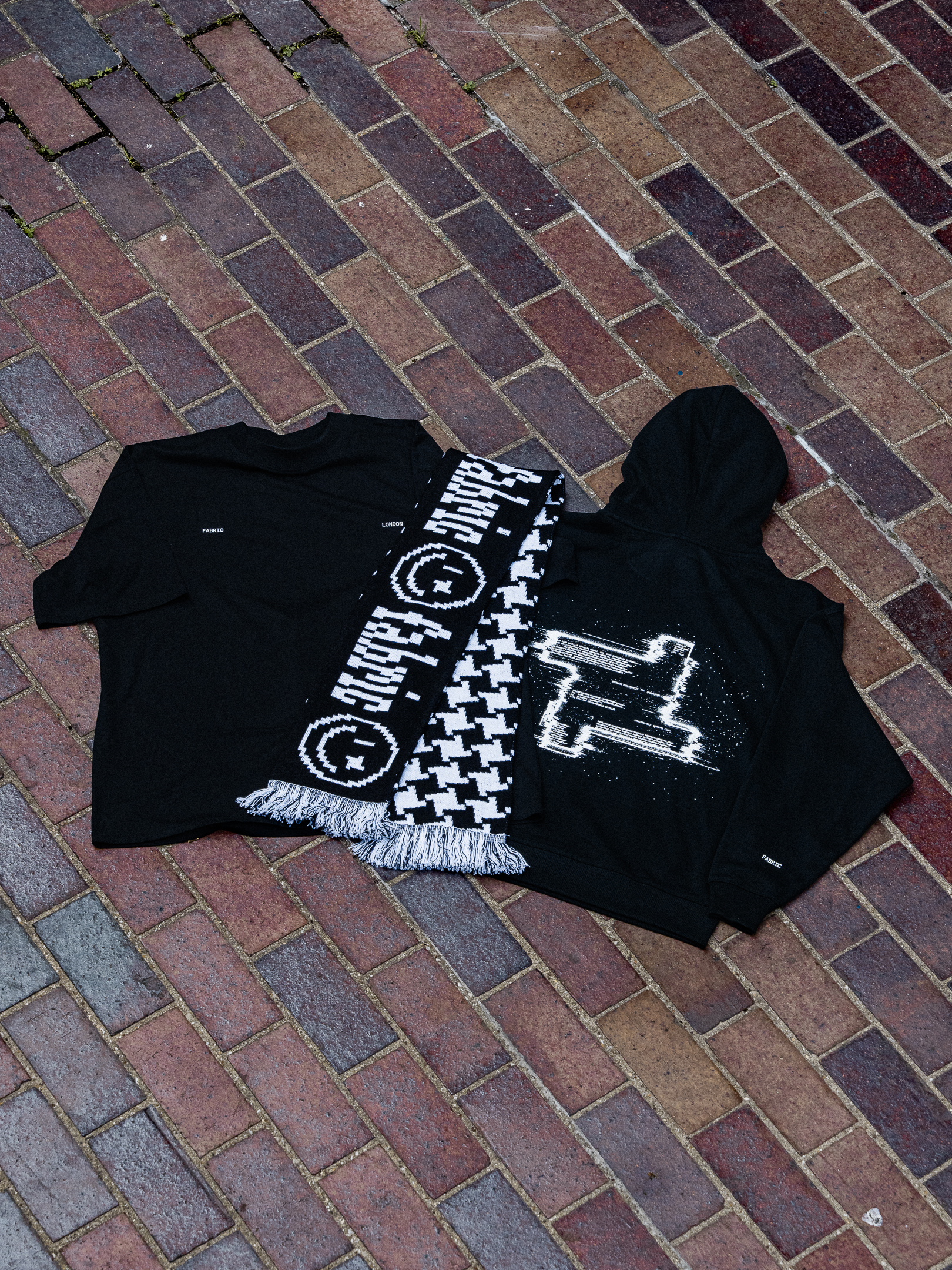News
Proud Survivor: Ralph Lawson On 20 Years Of 2020 Vision
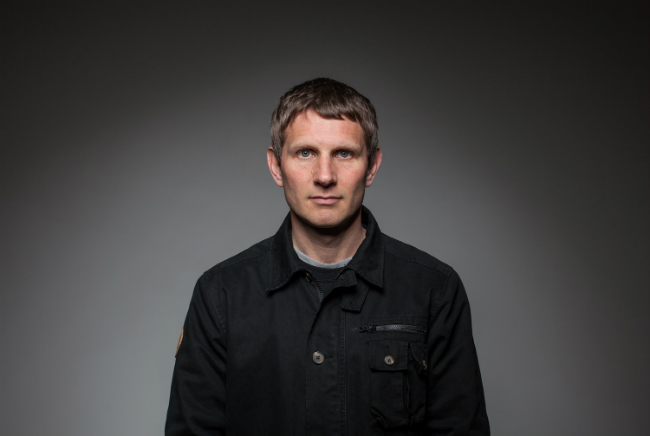 20 Years is a long time. Two decades is a period that can feel like a life time for a lot of people and it’s a bit of a rarity to find an electronic music institution that has notched up that many years of operation under their belts on one hand. From our own fair shores there's Warp and Ninja Tune, who are both beloved and revered pioneers of their eras who are still operating on the same remit - pushing forward. And this is where we find a unique parallel for the subject of this interview today: a conversation with Ralph Lawson, the individual force behind Leeds based label 2020 Vision.
This year 2020 are joining the few UK record labels that can say they've done it. From the first wax they cut, they've stayed afloat through all the curveballs thrown at them, through the ever changing cultural and economic developments of the past twenty years. It's still about looking forward, as Lawson surmises and this is what their celebratory tour and release is about. Called Content it's not about looking back and Lawson’s picked our Farringdon home to kick off the tour so we caught some time with the man who's been there for the full 2020 Vision journey to relive the story as he looks towards the future.
20 Years is a long time. Two decades is a period that can feel like a life time for a lot of people and it’s a bit of a rarity to find an electronic music institution that has notched up that many years of operation under their belts on one hand. From our own fair shores there's Warp and Ninja Tune, who are both beloved and revered pioneers of their eras who are still operating on the same remit - pushing forward. And this is where we find a unique parallel for the subject of this interview today: a conversation with Ralph Lawson, the individual force behind Leeds based label 2020 Vision.
This year 2020 are joining the few UK record labels that can say they've done it. From the first wax they cut, they've stayed afloat through all the curveballs thrown at them, through the ever changing cultural and economic developments of the past twenty years. It's still about looking forward, as Lawson surmises and this is what their celebratory tour and release is about. Called Content it's not about looking back and Lawson’s picked our Farringdon home to kick off the tour so we caught some time with the man who's been there for the full 2020 Vision journey to relive the story as he looks towards the future.
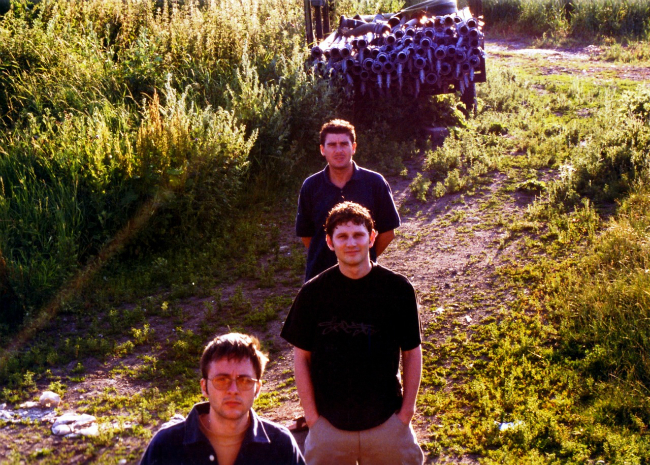 Going back 20 years to when you started 2020 Vision, you were DJing at Back to Basics – is that how you got started out in music?
I was involved in music from my school days playing drums in bands. I got into back to basics from doing my own club in Leeds called 'Clear', which was on a Wednesday night. We had the likes of Carl Cox up, I think we paid him £80 back then! And we also had the Manchester DJ's like Justin Robertson and Greg Fenton from Most Excellent. Dave Beer came down to Clear with Alistair Cooke just before they set up their new club called back to basics. They asked if I wanted to come and play and I accepted. As it was Ali's club I went on first, which in a way kind of turned out historically important as it meant I played the first record.
Going back 20 years to when you started 2020 Vision, you were DJing at Back to Basics – is that how you got started out in music?
I was involved in music from my school days playing drums in bands. I got into back to basics from doing my own club in Leeds called 'Clear', which was on a Wednesday night. We had the likes of Carl Cox up, I think we paid him £80 back then! And we also had the Manchester DJ's like Justin Robertson and Greg Fenton from Most Excellent. Dave Beer came down to Clear with Alistair Cooke just before they set up their new club called back to basics. They asked if I wanted to come and play and I accepted. As it was Ali's club I went on first, which in a way kind of turned out historically important as it meant I played the first record.
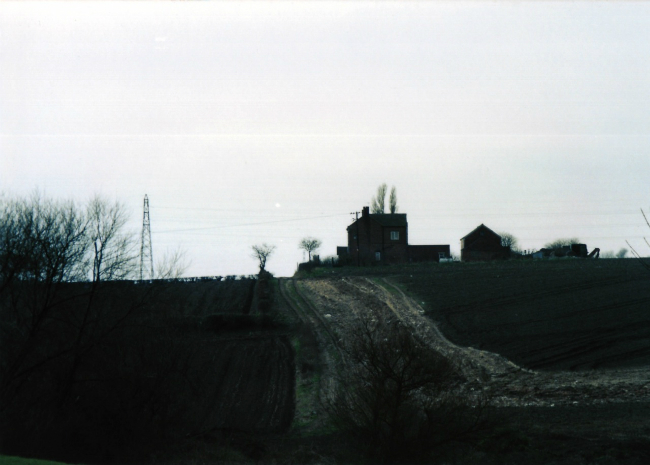 What did 2020 look like in the early years then, who was the team at the core of operations?
2020 Vision was Carl Finlow, who is a keyboard and production genius. Carl was basically running the studio and produced the records for us and then two DJs, myself and Huggy, who were bringing ideas and samples into the studio. Then we learnt how to program drum machines and some simple synths and we'd be play live together. There was also a guy who lived in the house called Fraser Brydson, who was also doing some engineering for us.
The volume now of releases 20 years on is just huge is there about – 200 so about 10 releases a year that’s a lot of work for a few people...
I think we're on VIS254 and that doesn't include sub labels or albums or sneaky little numbers that never no one knew was us. We have put out nearly 50 albums as well and with all the sub labels I think, all in all, there's probably 400 releases.
Obviously with that volume things must have had to develop quite quickly and an infrastructure laid down to allow this kind of release schedule, how have things changed in terms of running the label?
The label progressed from being a DIY cottage industry through stages of getting more professional. Artists started sending me demos. I didn't ask for demos but people started sending them in so I started picking up a lot of like minded artists and then it got to the point I was spending more time working on other people's music than making my own.
It reached the point where I wasn't doing any music so I started to have a bit more of a professional set up with an office and a label manager and people helping with A&R to deal with the demos and it turned into a 4 person operation. My partner Jane, started doing press and PR so it was all still very family vibes.
We had a nice set up in Leeds, we had a big warehouse space with decks, records and an office. It was a real vibey atmosphere for a good few years. Then the label manager, Andy Whittaker, had to move down to London with his girlfriend so rather than lose him I decided to lose the office and keep him. So we set up an office in Shoreditch in the heart of the East End and got connected to London. It opened up London for us, which is obviously the main hub for the music industry in Britain if not the World. I still have a basic set up in Leeds but it’s mainly l remote working, as Andy is still in London, the A&R manager lives in Berlin and I’ve got artists all over the world.
It's a bit of a weird one as well when you talk to people even just running a music business for 10 years there wasn't even internet when they started, everything has changed in that sense. I also wanted to ask about Leeds about the role it’s played in the label’s identity, so despite you having outposts in Berlin and London now would you still say Leeds has in influence in what you do?
I think it's a strong part and I've always tried to support the city and the scene. A lot of the artists came through Leeds, I certainly paid them more attention but we've got artists from Germany to Iceland to Brazil from France to Spain to Canada to America - we're worldwide but I do try to keep a Leeds focus. So if people came from Leeds they would get my attention so of course there’s Paul Woolford Simon Baker, Audiojack Electric Press PBR Streetgang they’re all artists that came from the Leeds scene that I've supported and helped on their way I suppose.
it seems there’s a good there's a good framework up there to support labels and club nights with its records shops and there's been talk of it getting stronger with new venues opening - what've you seen in Leeds in the last few years?
There's a lot of growth, mainly in the live sector and live venues - there's a lot of really cool warehouse spaces opening, following on from what happened in London's East End I suppose. Before the last couple of years there were just clubs, now there's; Canal Mills, Beaverworks, Full Circle, Mint Warehouse, Musiquarium and more. There's a new place called Belgrave Music Hall, which I like a lot, which incorporates food and music.
You mentioned record stores too, unfortunately our record store Waxwerks just closed due to the landlord not renewing the lease on the building so we've just lost a good record store. Of course there's always been classic record stores like Juno and Clash in Leeds, but we really need a Phonica or Piccadilly style stores in Leeds.
There's a lot happening, It's grown into a big scene now and it's very developed. For sure if come up and DJ in Leeds, people are very clued up - they know their stuff. Sometimes international DJ's come to Leeds and think they have to dumb down their sets for the lowest common denominator but people will boo them off if they start playing a load of rinsed out tracks that everyone has heard before. You kind have to represent to a really high standard as a DJ in Leeds. I mean come on look at the technical skills of Paul Woolford or Tristan Da Cunha, who both started out as basics residents. These are two of the best house DJs on the planet surely.
So that’s really very strong and back to you, with 20 years coming up this year you're working on a tour for the celebration the first date of which is this Saturday so can you tell us a bit about what you have planned for the tour and the concept behind it, you've called it Content. ..
'Content' has become this really bland buzzy PR word that people always use. Everyone is always me to 'deliver my content'. So I thought, "Ok you know what ?I'll give you some fucking Content. Your Content is going to be; amazing exclusive tracks from the world’s finest electronic music producers released on an album and it's going to be a series of tour dates in the work’s best clubs and festivals with incredible DJs. I'm going to put the substance back into the word 'Content'. You're going to get real content. The first show was at fabric on February 1st and I thought it was amazing. We have developed a new 3D visual cube system which we debuted in Room 2. There could have been no better place to start for me.
Reaching the age of 20 years for a label is such a huge accomplishment, how would you say you feel reaching this point?
You know, I feel like I’ve survived. I feel like a survivor, that's the biggest thing. It's been the most turbulent and hardest time to run a record label since the idea of a record labels began. It really has been a roller coaster ride. It's been very, very hard to even stay in business with; distributors going bust, the internet blowing the rules out the window, free downloads, piracy and recessions - it's been absolutely nuts! I feel proud that I'm still here. Anyone who's been in the music business for 20 years has been a success. If you're still here you should view your time as a success because there's so many pitfalls and even to be here and still be respected and have the love of your listeners is something I feel proud about. Ok so we don't have any platinum records on the wall but we still have our integrity and good name and that is priceless.
As far as, "Have I achieved everything I want to be proud about, then no I still think we have a long way to go. 2020Content is more about looking towards the future than looking backwards. It's about celebrating the fact that we're still here after 20 years and marking our intent to look forward from this point rather than looking back. That's why I commissioned brand new exclusive tracks rather than re-release the back catalogue.
What did 2020 look like in the early years then, who was the team at the core of operations?
2020 Vision was Carl Finlow, who is a keyboard and production genius. Carl was basically running the studio and produced the records for us and then two DJs, myself and Huggy, who were bringing ideas and samples into the studio. Then we learnt how to program drum machines and some simple synths and we'd be play live together. There was also a guy who lived in the house called Fraser Brydson, who was also doing some engineering for us.
The volume now of releases 20 years on is just huge is there about – 200 so about 10 releases a year that’s a lot of work for a few people...
I think we're on VIS254 and that doesn't include sub labels or albums or sneaky little numbers that never no one knew was us. We have put out nearly 50 albums as well and with all the sub labels I think, all in all, there's probably 400 releases.
Obviously with that volume things must have had to develop quite quickly and an infrastructure laid down to allow this kind of release schedule, how have things changed in terms of running the label?
The label progressed from being a DIY cottage industry through stages of getting more professional. Artists started sending me demos. I didn't ask for demos but people started sending them in so I started picking up a lot of like minded artists and then it got to the point I was spending more time working on other people's music than making my own.
It reached the point where I wasn't doing any music so I started to have a bit more of a professional set up with an office and a label manager and people helping with A&R to deal with the demos and it turned into a 4 person operation. My partner Jane, started doing press and PR so it was all still very family vibes.
We had a nice set up in Leeds, we had a big warehouse space with decks, records and an office. It was a real vibey atmosphere for a good few years. Then the label manager, Andy Whittaker, had to move down to London with his girlfriend so rather than lose him I decided to lose the office and keep him. So we set up an office in Shoreditch in the heart of the East End and got connected to London. It opened up London for us, which is obviously the main hub for the music industry in Britain if not the World. I still have a basic set up in Leeds but it’s mainly l remote working, as Andy is still in London, the A&R manager lives in Berlin and I’ve got artists all over the world.
It's a bit of a weird one as well when you talk to people even just running a music business for 10 years there wasn't even internet when they started, everything has changed in that sense. I also wanted to ask about Leeds about the role it’s played in the label’s identity, so despite you having outposts in Berlin and London now would you still say Leeds has in influence in what you do?
I think it's a strong part and I've always tried to support the city and the scene. A lot of the artists came through Leeds, I certainly paid them more attention but we've got artists from Germany to Iceland to Brazil from France to Spain to Canada to America - we're worldwide but I do try to keep a Leeds focus. So if people came from Leeds they would get my attention so of course there’s Paul Woolford Simon Baker, Audiojack Electric Press PBR Streetgang they’re all artists that came from the Leeds scene that I've supported and helped on their way I suppose.
it seems there’s a good there's a good framework up there to support labels and club nights with its records shops and there's been talk of it getting stronger with new venues opening - what've you seen in Leeds in the last few years?
There's a lot of growth, mainly in the live sector and live venues - there's a lot of really cool warehouse spaces opening, following on from what happened in London's East End I suppose. Before the last couple of years there were just clubs, now there's; Canal Mills, Beaverworks, Full Circle, Mint Warehouse, Musiquarium and more. There's a new place called Belgrave Music Hall, which I like a lot, which incorporates food and music.
You mentioned record stores too, unfortunately our record store Waxwerks just closed due to the landlord not renewing the lease on the building so we've just lost a good record store. Of course there's always been classic record stores like Juno and Clash in Leeds, but we really need a Phonica or Piccadilly style stores in Leeds.
There's a lot happening, It's grown into a big scene now and it's very developed. For sure if come up and DJ in Leeds, people are very clued up - they know their stuff. Sometimes international DJ's come to Leeds and think they have to dumb down their sets for the lowest common denominator but people will boo them off if they start playing a load of rinsed out tracks that everyone has heard before. You kind have to represent to a really high standard as a DJ in Leeds. I mean come on look at the technical skills of Paul Woolford or Tristan Da Cunha, who both started out as basics residents. These are two of the best house DJs on the planet surely.
So that’s really very strong and back to you, with 20 years coming up this year you're working on a tour for the celebration the first date of which is this Saturday so can you tell us a bit about what you have planned for the tour and the concept behind it, you've called it Content. ..
'Content' has become this really bland buzzy PR word that people always use. Everyone is always me to 'deliver my content'. So I thought, "Ok you know what ?I'll give you some fucking Content. Your Content is going to be; amazing exclusive tracks from the world’s finest electronic music producers released on an album and it's going to be a series of tour dates in the work’s best clubs and festivals with incredible DJs. I'm going to put the substance back into the word 'Content'. You're going to get real content. The first show was at fabric on February 1st and I thought it was amazing. We have developed a new 3D visual cube system which we debuted in Room 2. There could have been no better place to start for me.
Reaching the age of 20 years for a label is such a huge accomplishment, how would you say you feel reaching this point?
You know, I feel like I’ve survived. I feel like a survivor, that's the biggest thing. It's been the most turbulent and hardest time to run a record label since the idea of a record labels began. It really has been a roller coaster ride. It's been very, very hard to even stay in business with; distributors going bust, the internet blowing the rules out the window, free downloads, piracy and recessions - it's been absolutely nuts! I feel proud that I'm still here. Anyone who's been in the music business for 20 years has been a success. If you're still here you should view your time as a success because there's so many pitfalls and even to be here and still be respected and have the love of your listeners is something I feel proud about. Ok so we don't have any platinum records on the wall but we still have our integrity and good name and that is priceless.
As far as, "Have I achieved everything I want to be proud about, then no I still think we have a long way to go. 2020Content is more about looking towards the future than looking backwards. It's about celebrating the fact that we're still here after 20 years and marking our intent to look forward from this point rather than looking back. That's why I commissioned brand new exclusive tracks rather than re-release the back catalogue.
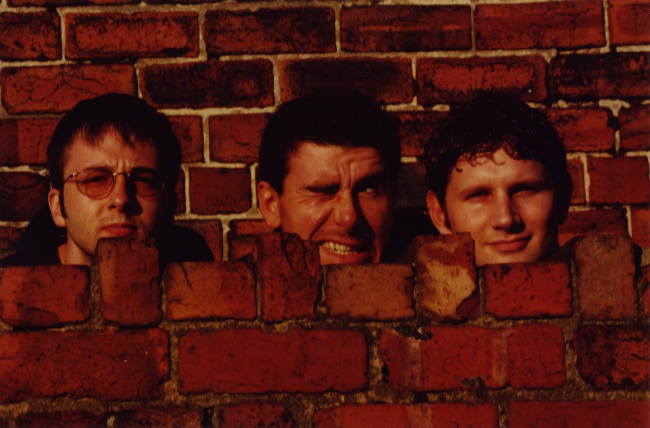 Photographs appear courtesy of Ralph Lawson.
Photographs appear courtesy of Ralph Lawson.
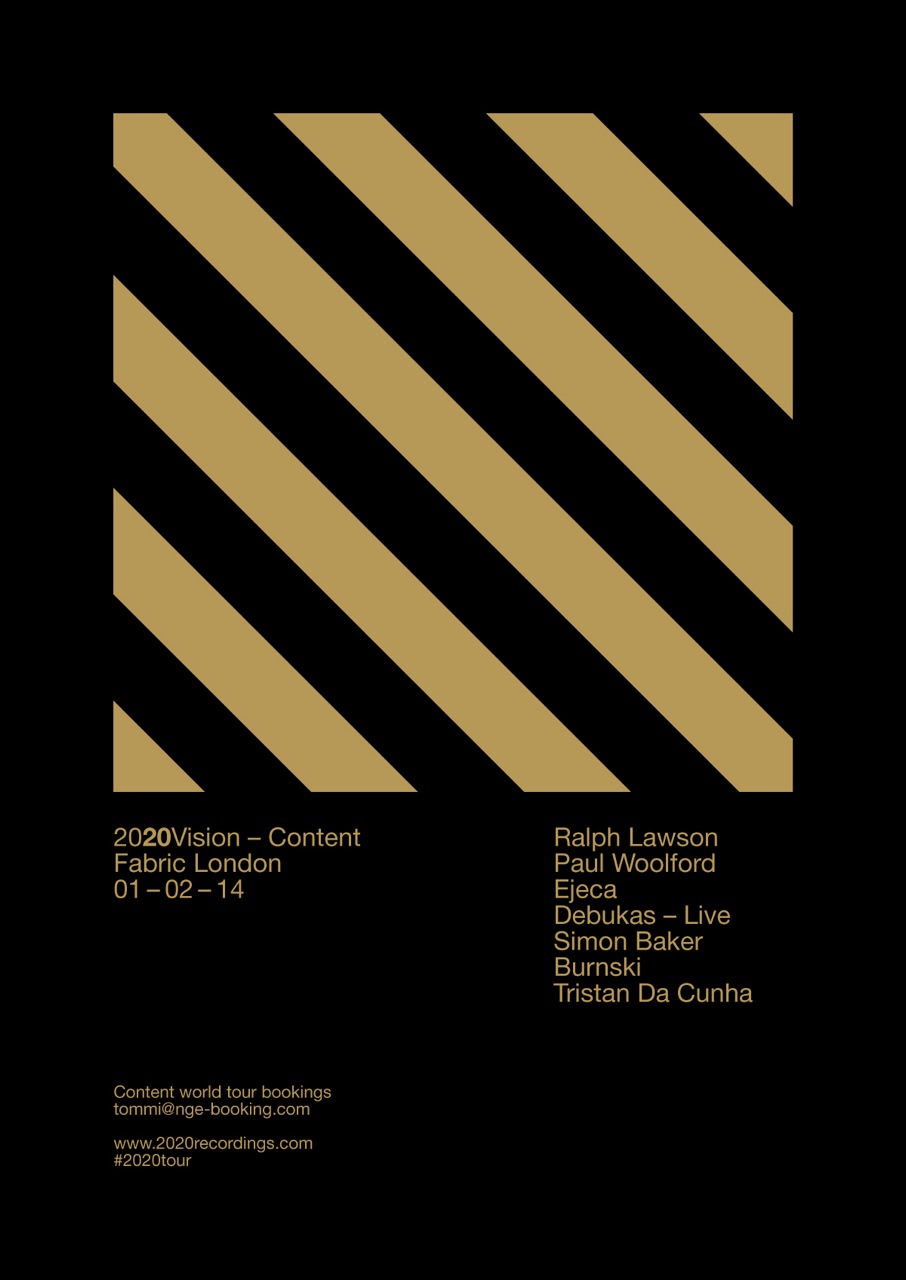
Tags
No items found.


.jpg)

